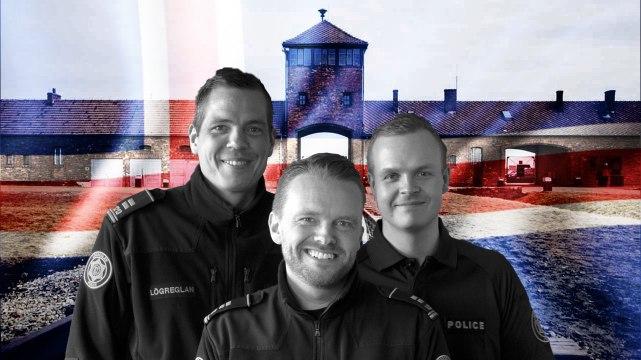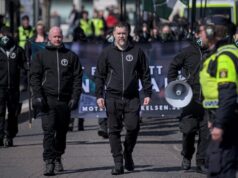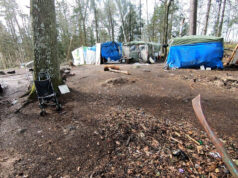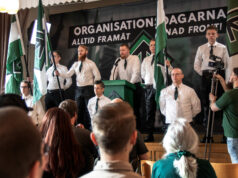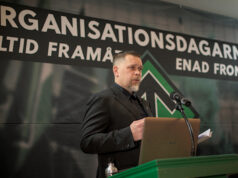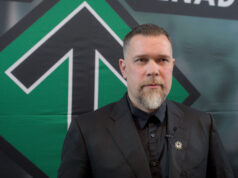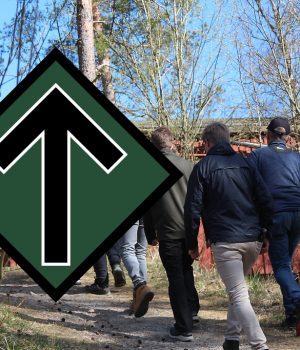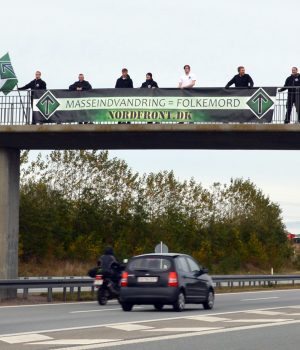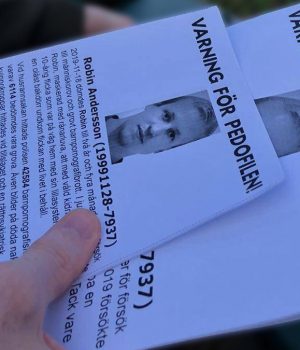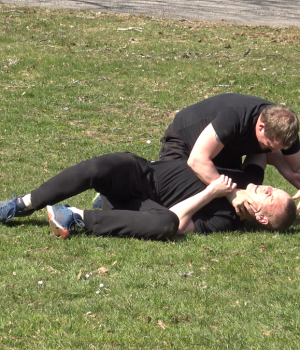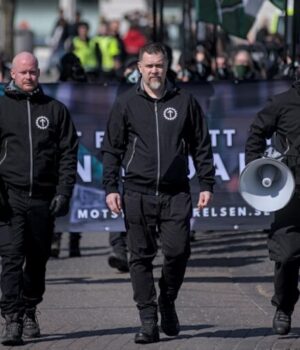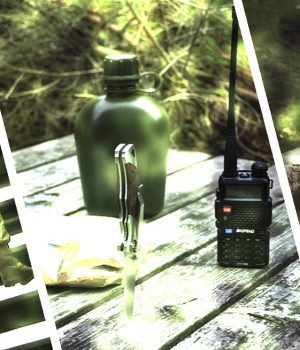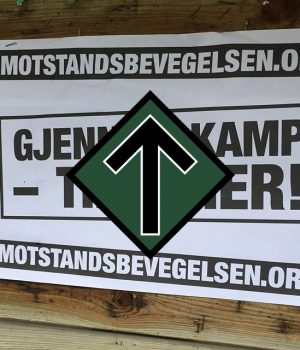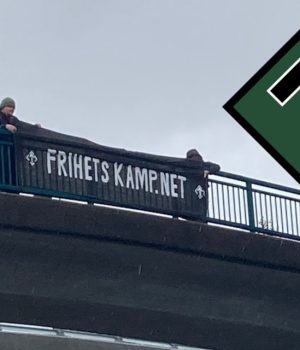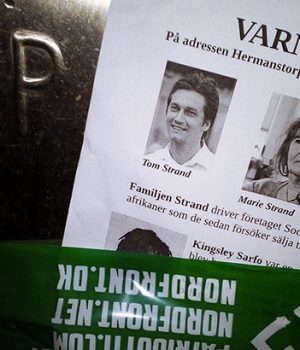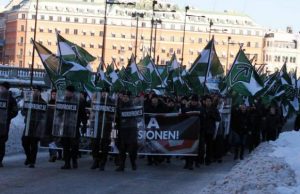OPINION. Arnar Styr Björnsson writes about how the University of Akureyri in Iceland planned to send police officers to Auschwitz to teach them about “evil and hate”.
In 2018, members of four parties in the Icelandic parliament proposed changes to the penal code that would make male circumcision illegal. This seemingly innocent proposal caused a lot of discussion in Iceland, and drew attention from foreign countries as well. The international Jewish press began to dig up the history of Iceland and the Jews, and their findings were, of course, that Iceland had not been as submissive to the Jews as they would like. They even found poems from the 1650s to prove their case. The pressure that came against the proposed legislation and the meagre support it had to begin with, led to the predictable conclusion that nothing was done to change the laws, and the proposal was quietly suffocated. This raises the question of whether this was a genuine attempt to change the legislation to begin with.
Not long after this, the first rabbi was sent to Iceland by the Chabad organization. There are perhaps around 50 Jews in Iceland who seem to have been mostly non-religious until now. There was at least no need to have a full-time rabbi in Iceland. He also has the job of promoting Judaism in Iceland with public events, and making sure that Icelanders will know what hanukkah is, even though no one was asking for this information before he arrived.
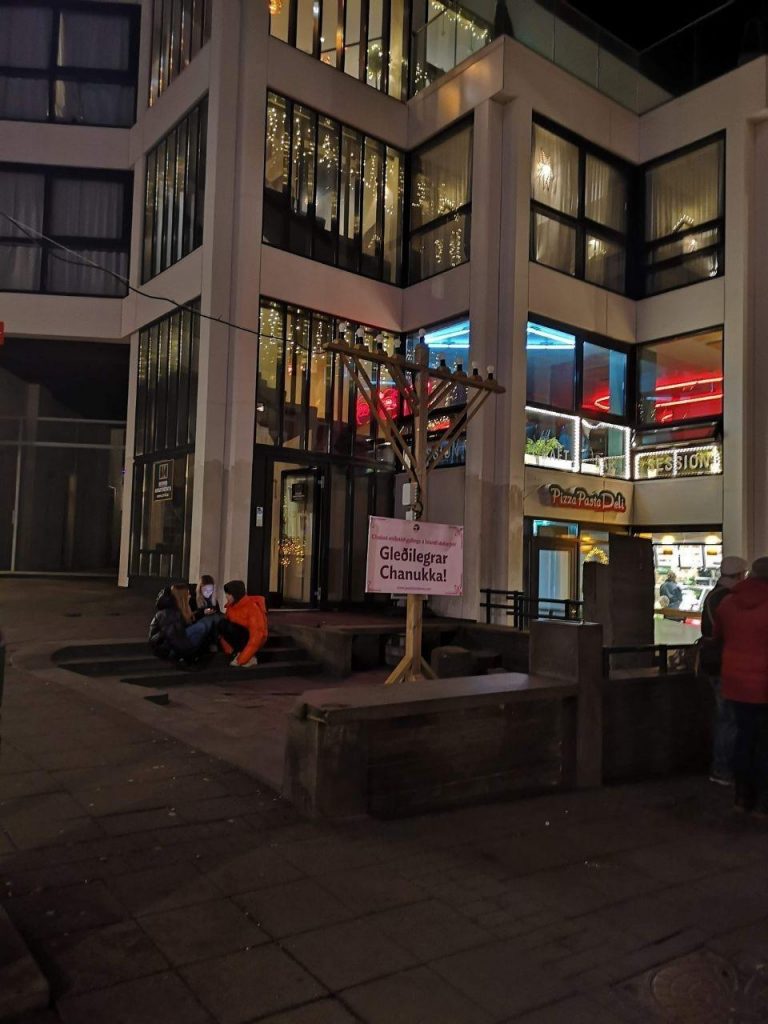
Last month, news got out that a course was cancelled in the University of Akureyri, in the department of police studies, where all prospective policemen now study. The course was called “Evil and Hate”. The stated purpose of the course was to deal with evil and hate on the basis of sociological theories, and to examine the subject through issues such as the growth of right-wing movements, youth participation in terrorism like ISIS, and of course the holocaust. Nationalism in the light of increasing national-populism in Europe and pluralism were also on the agenda. Astoundingly, part of the course was to be taught in Poland, more precisely in the Jewish museum in Oświęcum and inside the Auschwitz-Birkenau camp. Now, what relevant information for Icelandic policemen is to be found in those places? And even if there were some, surely that could have been found online or in books, and taught in the school itself. It seems rather that emotional impression and attachment to certain locations and events, a kind of inoculation, was the intent behind the creation of this course, which thankfully has been cancelled. But the point remains that the organizers of the department of police studies came up with this in the first place.
Now, whether these events are connected and have some logic to them cannot be confirmed or denied. It could be that people are feeling increased Jewish influence worldwide and subconsciously conforming to their demands and threats. In any case, the prophetic words of Adolf Hitler are as true as ever: “The Star of David steadily ascended, as the will to national self-preservation declined.”


